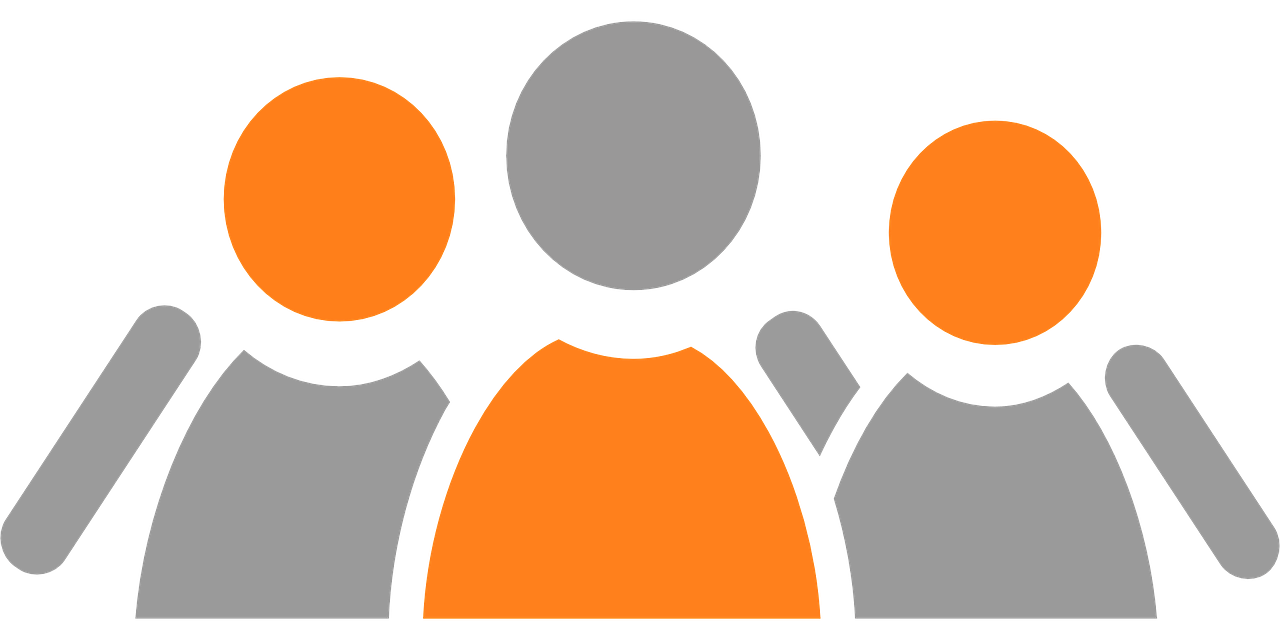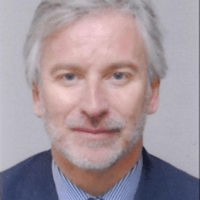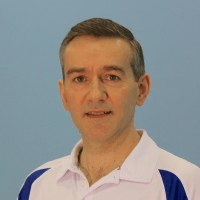Digital Education Strategy
Digital Education Transformation Programme (DETP)
The programme is being delivered through targeted phases of activity, reflecting the unpredictable and fast-changing pace of the external digital environment. The Programme will support key objectives within five areas of activity:
Strand A: Digital Leadership and Governance.
Strand B: Digital Capabilities.
Strand C: Digitally Enhanced Teaching, Learning and Assessment.
Strand D: Digitally Enhanced Environments.
Strand E: Digitally Communities.
Digital Leadership and Governance
Improving the processes and policies guiding digital education to embed impactful change across the University.
“Teaching practice must respond to our digital and 24/7 age, preparing students for a diverse and demanding future.” Thinking Ahead 2016-21 (web)
Objectives:
A1 ❱ DETP programme aims and outcomes are communicated transparently and efficiently, ensuring all stakeholders are informed.
A2 ❱ University policies and guidelines are inclusive and flexible in order to facilitate staff innovation in digital education.
A3 ❱ We have transparent and co-ordinated communities of practice championing digital education within the University.
Digital Capabilities
Ensuring every member of the University community has the skills and knowledge needed to succeed in a digital world.
“We will grow and enhance the wide student experience to ensure our graduates have developed their talents and skills to become well rounded citizens.” Thinking Ahead 2016-21 (web)
Objectives:
B1 ❱ Digital learning resources are inclusive, available and accessible.
B2 ❱ Staff and students have access to face-to-face and online support that is informed by academic practice and drawn from community contributions, enabling them to develop their own digital skills.
B3 ❱ All members of the academic community understand when and how to use digital tools both appropriately and responsibly in a professional and social context.
Digitally Enhanced Teaching, Learning and Assessment
Embedding authentic digital teaching practices that genuinely enhances and extends learning opportunities for all of our students.
“We will support experimentation in our approach to teaching, to curriculum design and to wider student engagement… We will expect people to be brave, to try new things and continually strive for improvement and growth.” Thinking Ahead 2016-21 (web)
Objectives:
C1 ❱ The University trials and adopts new approaches to digital education as part of a blended learning experience.
C2 ❱ The use of digital tools are consistent and coherent, in a teaching context, in order to deliver an effective learning experience.
C3 ❱ The learning experience encourages staff and students to create, collaborate and communicate digitally across the University and beyond.
Digitally Enhanced Environments
Enhancing our physical and virtual learning environments to provide an experience that delivers deeper learning opportunities.
“Creating leading-edge teaching environments…whether real or virtual.” Thinking Ahead 2016-21 (web)
Objectives:
D1 ❱ Staff and students have unconstrained access to a flexible digital learning environment.
D2 ❱ Staff and students have access to tools that enable them to navigate seamlessly between digital devices and online environments.
D3 ❱ The learning environment supports innovations that will underpin future digital strategies.
Digital Communities
Sharing our knowledge to ensure everyone can benefit from the expertise being developed across the University.
“…we will create a flexible and Open University that encourages and supports collaborative working across boundaries and disciplines … We will draw on and use the wealth of material and knowledge available digitally to enhance our teaching practice.” Thinking Ahead 2016-21 (web)
Objectives:
E1 ❱ Staff and students are motivated to share their knowledge, practice and outputs to benefit the University and the wider community.
E2 ❱ Digital collaboration is supported and encouraged to benefit staff, students and external partners.
E3 ❱ Staff and students are engaged in effective communities of practice that inspire and enable.
DETP Strand Leadership
Strand Leads were proposed to support influence, leadership and oversight over activities within each specific strand. They support the work of DETP through opportunities to influence project direction, enabling involvement with the wider academic community and having an active role in key meetings regarding their strand.

Strand A
To be appointed

Strand B
Ian Snowley
Dean of Student Learning Development & University Librarian.

Strand C
Dr Sandy Willmott
Associate Professor/Programme Leader, Sports and Exercise Science

Strand D
Andy Beggan
Dean of Digital Education.

Strand E
Tom Wright
Director of Digital Student Life
Digital Education Sub-Group
The Digital Education Sub-Group (DESG) supports the Dean of Digital Education in all activities involving the enhanced use of digital technologies to support educational practice within The University of Lincoln, in particular, the Digital Education Transformation Programme (DETP).
DESG - Terms of Reference
The Digital Education Sub-Group (DESG) will support the Dean of Digital Education in all activities involving the enhanced use of digital technologies to support educational practice within The University of Lincoln, in particular the Digital Education Transformation Programme (DETP). As such, the DESG will formally support the Dean of Digital Education in making decisions and providing both challenge and approval on issues affecting the progress of planned programme activities.
Specific responsibilities for the DESG will include:
- Confirming work packages within programme strands, remit and appointing strand leaders.
- Agreeing all major planned programme activities and planned outcomes.
- Oversight of strand activities and approving delegated authority.
- Communicating programme activities and vision to the wider University.
- Authorising any major changes or deviation within programme activities.
- Providing resources to support the planned programme, and resolving any conflicts escalated.
- Manage the risks and issues associated within the programme.
- Quality assurance.
Frequency of meetings: every six weeks (to be reviewed).
DESG Membership – Membership Representation:
Dean of Digital Education (Chair).
College of Science Director of Education.
Director of ICT/Portfolio Manager.
Director of Digital Student Life.
Dean of Student Learning Development and University Librarian.
Estates: Space Planning.
ULSU VP Education.
College Academic Representation.
Digital Education Developers.
Student Representation/Voice.
Digital Education Programme Officer (Officer).
DESG - Meeting Dates 2022/23
- Wednesday 12th January 2023 – 13:00
- Wednesday 8th March 2023 – 13:30
- Thursday 4th May 2023 – 10:30
- Tuesday 27th June 2023 – 14:00